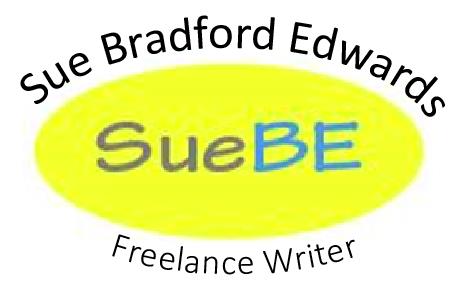I just read a really awesome picture book that is perfect for Asian American Pacific Islander Heritage Month. Lily lives in Washington DC with her parents and loves to make art on her computer. Her grandfather lives in a farming village in South Korea. He writes poetry and creates beautiful scrolls. The two are pen pals with Lily telling her mother what to write in Korean. Her mother then translates Grandpa’s letters as they plan for his trip to the US. This is a touching story about family living on different continents, separated by oceans and language and eventually even more. But love continues to bring them together.
Of course, reading this made me think of one of my first picture book manuscripts. In my story, a Chinese American boy struggled to communicate with his grandfather. Grandfather spoke no English and the boy spoke no Mandarin. Eventually the pair managed to communicate through their art. I had based the story loosely on the experiences of the Chinese and Taiwanese immigrants that I had interviewed when working on my thesis.
I’m not bemoaning the fact that my story never came under serious consideration from a publisher. It makes sense.
But it does seem funny to me that no one who read it suggested way back then that this was not my story to tell. No one pointed out that another author could tell it so much better because it would be their story. I worked this story through critique groups. My teacher/mentor was a much published BIPOC author.
I like to think that I would have listened. But honestly? I was 22. Although mileage may vary, I know I am much wiser now than I was then. And the publishing climate is very different although far too often white authors still tell other people’s stories.
My story may come out of my files one day, but if I ever send it out into the world, it will be unrecognizable because it will be my story to tell. And there are so many ways I could go with that story. After all, a large portion of my family came to the US as immigrants. I lived far from my paternal grandparents and, although I spoke the same language, liven in a very different place culturally.
If you find a story in print that is like your own, give it some thought. Think about why this one sold and yours did not. It may be a matter of chance. Or you may have been writing about an experience best left to someone else.
–SueBE










